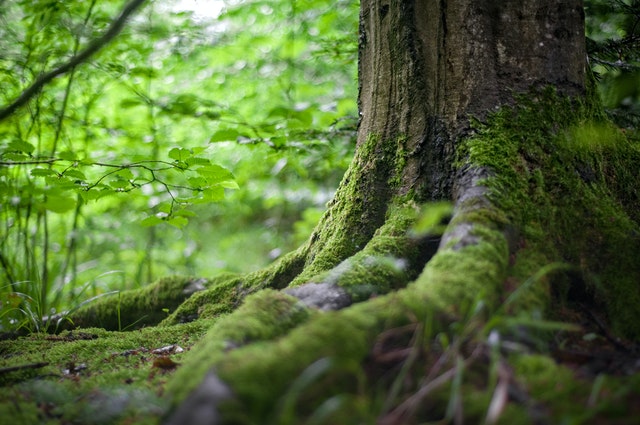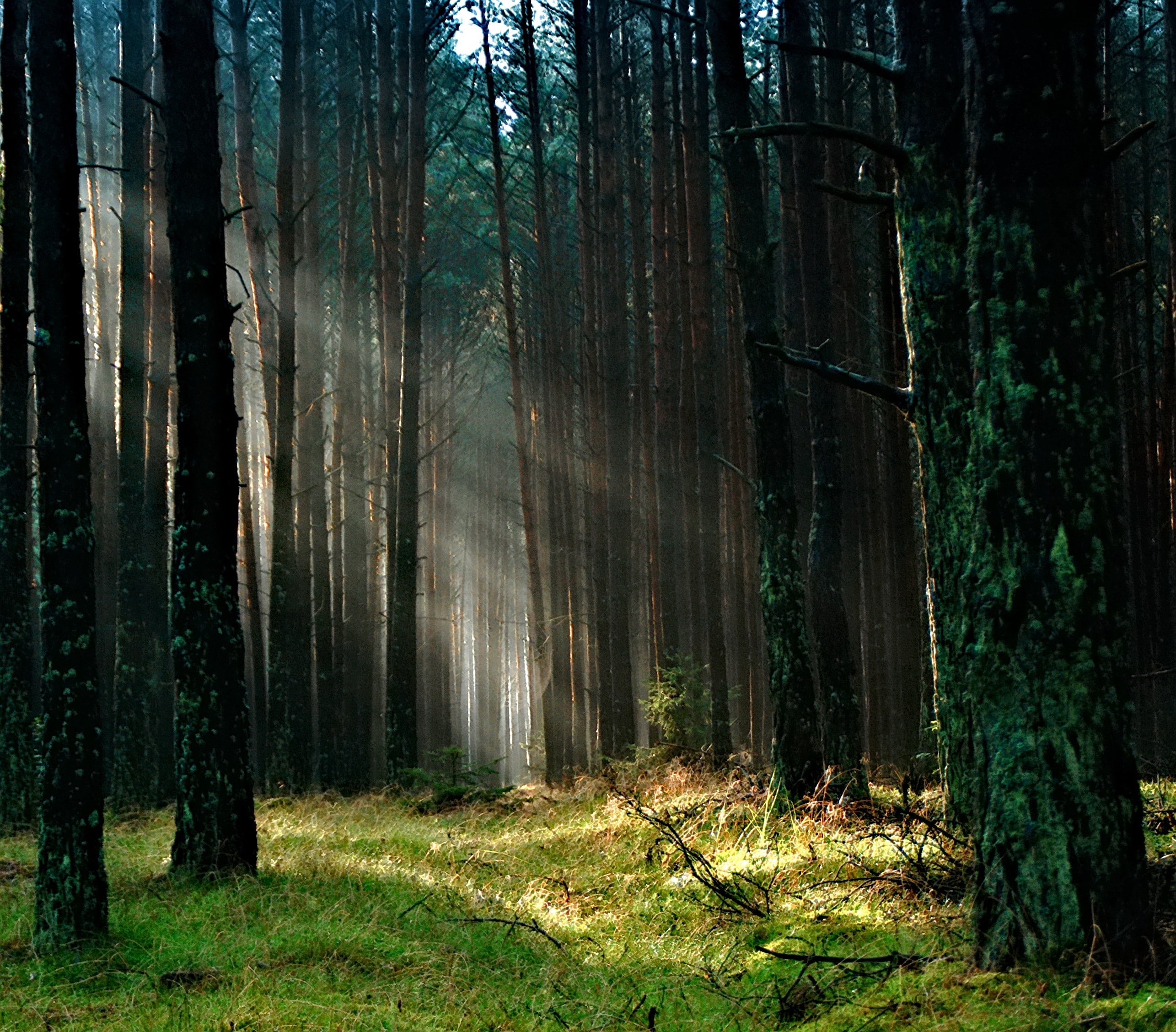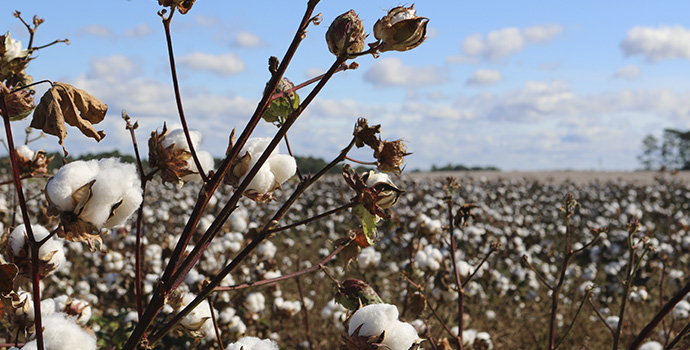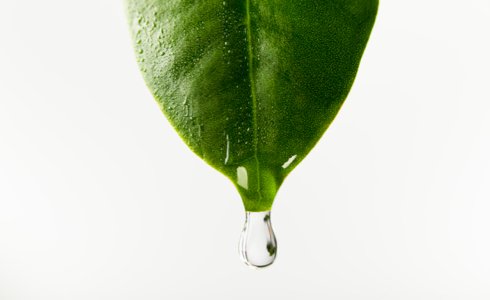
An Autochthonous Forest is a forest of trees originating from the territory itself. They are better adapted to the soil and climate conditions of the territory and are therefore more resistant. They help maintain the biological balance of the landscape and the diversity of genetic resources. They regulate the hydrological cycle and water quality. They play a very important role in climate regulation, as well as in capturing carbon from the atmosphere, contributing to the reduction of the greenhouse effect.
Today, November 23, is the Day of the Autochthonous Forest.
This is the time best suited to the climatic conditions of Portugal and Spain for sowing or planting trees, an alternative to World Forest Day, March 21, which was initially created for the Northern European countries. Springtime tree planting in Portugal is often unsuccessful due to the increased temperatures and reduced rainfall as summer approaches.

The Portuguese autochthonous forest is formed by oaks, strawberry trees, chestnut trees, laurel trees, holm oaks, cork oaks, etc. And without the legal protection that is required, Portuguese oak forests will continue to be destroyed without the least adequate instruments to halt the disappearance of this important and unique forest.
On the other hand, there are other measures to protect and expand native forests such as the recovery of burned areas, discontinuation of eucalyptus and pine monocultures, protection of water line beds, and increase of public and private gardens and green spaces.
Let's plant the future? <3

 PT
PT





